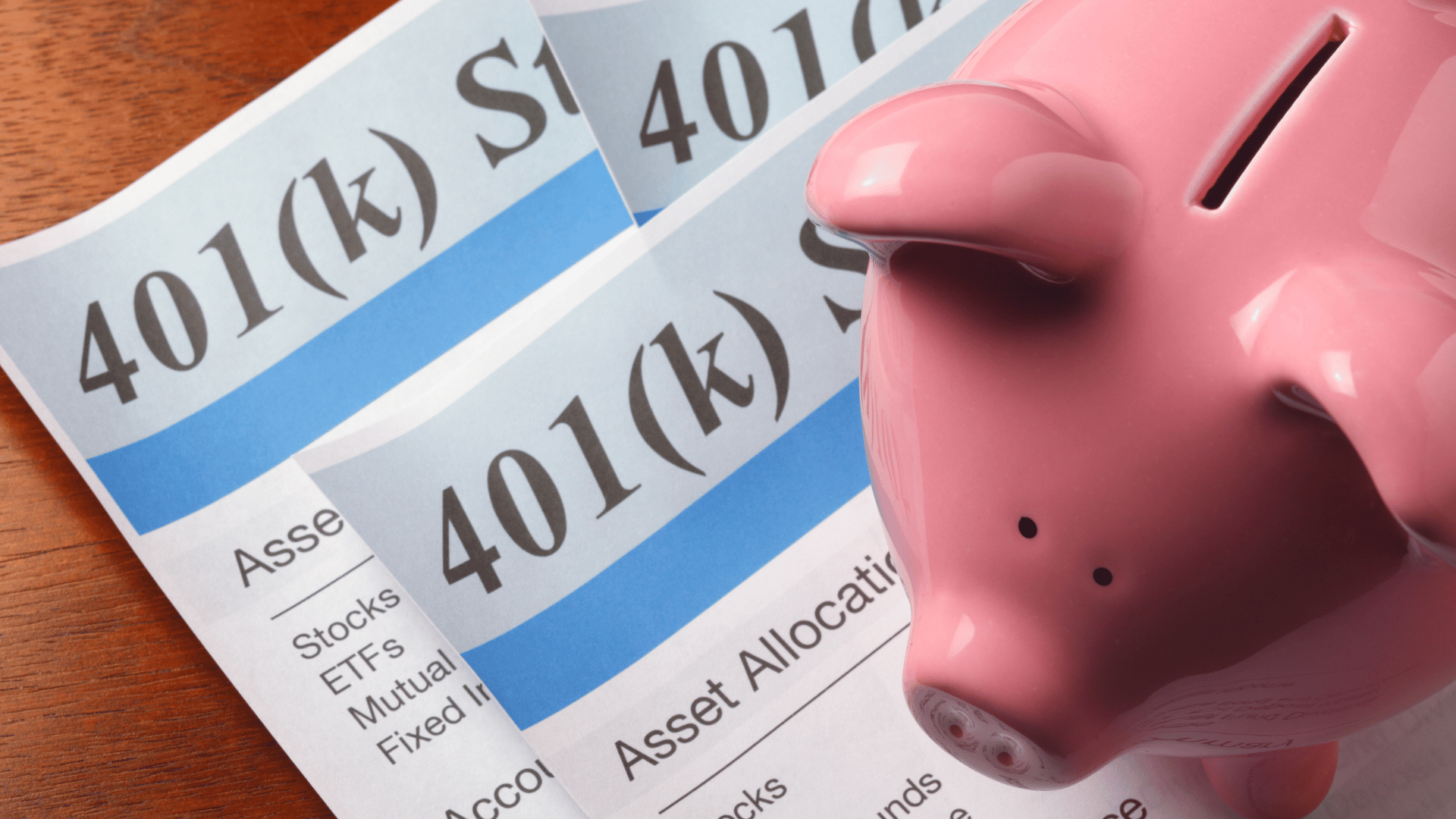The economic fallout from the coronavirus pandemic continues, even as states start to reopen restaurants, retail stores, and other businesses. The crisis brought an end to the bull market that started in 2009 and threatens to usher in a recession. 1
What does the future hold for the stock market and the economy? When will the economy recover? And how will this crisis impact your retirement and your financial future?
It’s impossible to definitively answer those questions. In many ways, this event is unprecedented. We don’t know how long the virus will present a threat, so it’s impossible to predict how or when the economy may recover.
However, it is possible to make adjustments to your strategy to minimize risk and take advantage of potential opportunities. It’s also helpful to keep in mind the long-term nature of the economy and the financial markets. Nothing lasts forever, including recessions and bear markets.
Stock Market Performance
The financial markets have been a rollercoaster since the onset of the pandemic. On February 19, the S&P 500 closed at 3386. On March 23, it closed at 2237, a drop of 33.93%. Since that time, the market S&P has climbed to 2863 as of May 15. 2
It’s important to remember that the stock market isn’t the same as the economy. A drop in the stock market doesn’t necessarily signal a recession, just like a rise doesn’t necessarily spell an economic recovery.
It’s also helpful to remember that bear markets are a natural part of investing. They aren’t always caused by global pandemics, but they do happen. There have been 16 bear markets since 1926. On average, they last 22 months and are followed by a 47% gain in the year following the market’s lowpoint. 3 We can’t predict when the market will hit its low point, or if it already has, but if history is any guide, the market will recover at some point.
Economic News
While the stock market has bounced back somewhat since its March decline, the overall economic news continues to be negative. More than 36 million people have filed for unemployment since late March. In 11 states, more than a quarter of the workforce is unemployed. 4
In the first quarter, the economy contracted for the first time since the 2008 financial crisis. GDP declined by an annualized rate of 4.8%. That’s not as steep as the GDP decline of 8.4% annualized decline in 2008. However, it’s possible the economy could face a greater decline in the second quarter. Consumer spending, which accounts for 70% of GDP, fell by an annualized rate of 7.6% in the first quarter. That’s the steepest drop for that metric since 1980. 5
While states may be starting the reopen process, there is still significant uncertainty surrounding the crisis and the economy’s future. The good news is you can take action to minimize risk. Contact us today at Oliver Asset Management. We can help you analyze your goals and needs and implement a strategy. Let’s connect today and start the conversation.
Advisory services offered through Change Path, LLC a Registered Investment Adviser. Change Path, LLC and Oliver Asset Management are unaffiliated entities.














